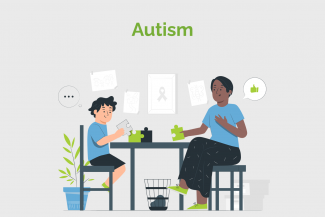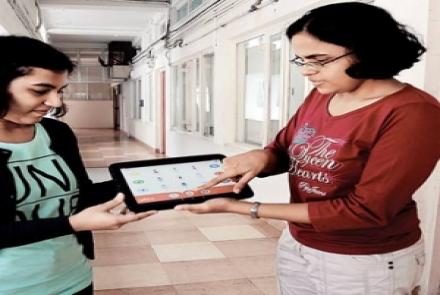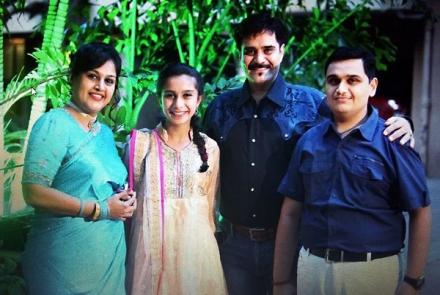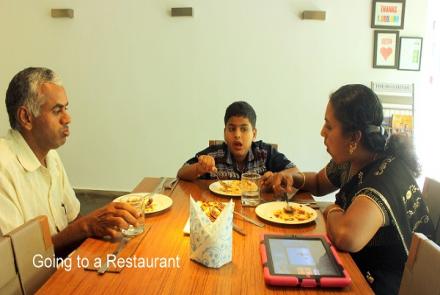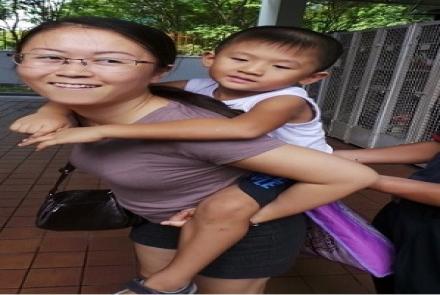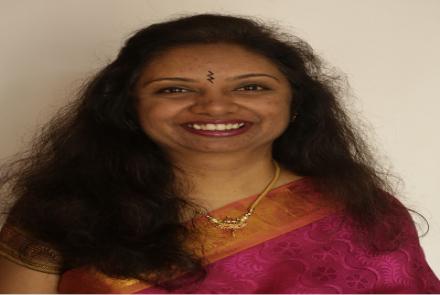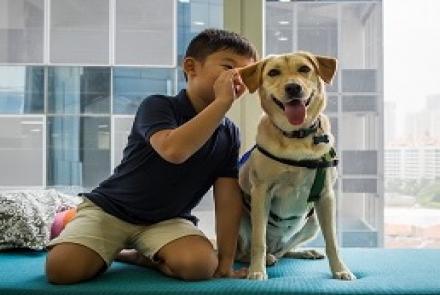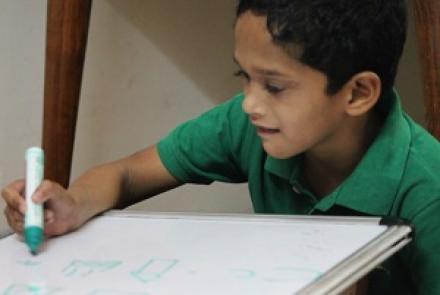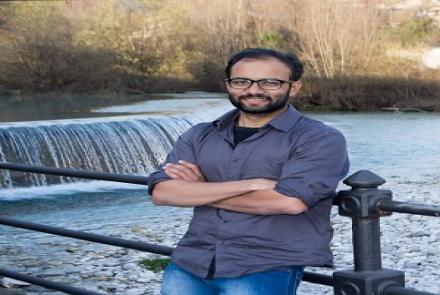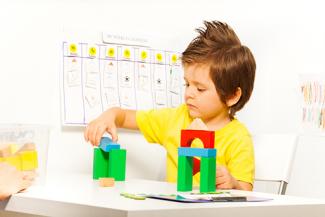
Early intervention – what does it achieve?
The earlier you start the better, so intervention can start with a toddler or preschooler.
Intensive behavioural therapy during the toddler or preschool years can significantly improve cognitive and language skills in young children with ASD.These should be started as soon as a child has been diagnosed with ASD.
Providing focused and challenging learning activities at the proper developmental level for the child for at least 25 hours per week and 12 months per year. Small classes allow each child to have one-on-one time with the therapist or teacher and small group learning activities.
Parent mediated intervention programmes should be considered for children and young people of all ages who are affected by ASD, as they may help families interact with their child, promote development and increase parental satisfaction, empowerment and mental health.
Behavioural interventions should be considered to address a wide range of specific behaviours in children and young people with ASD, both to reduce symptom frequency and severity and to increase the development of adaptive skills.
Guiding the child in adapting learned skills to new situations and settings and maintaining learned skills using a curriculum that focuses on:
- Language and communication, social skills, such as joint attention (looking at other people to draw attention to something interesting and share in experiencing it)
- Self-help and daily living skills, such as dressing and grooming
- Methods to reduce challenging behaviors, such as aggression and tantrums
- Cognitive skills, such as pretend play or seeing someone else’s point of view
- Typical school-readiness skills, such as letter recognition and counting
- Verbal behaviour - focuses on teaching language using a sequenced curriculum that guides children from simple verbal behaviours (echoing) to more functional communication skills
More information, you can refer to http://www.nimh.nih.gov/health/topics/autism-spectrum-disorders-asd
ASD and other conditions
Some other problems are more common in children with ASD, including:
- mental-health problems (particularly anxiety and depression)
- attention deficit and hyperactivity disorder (ADHD)
- unusual behaviour when separated from or reunited with people who provide care
- sleep problems; and difficulties with movement
- children and young people with ASD may also be more likely to have epilepsy, sight problems and hearing problems.
Chances of improvement
A child’s condition may get worse or improve (with or without being treated or managed). However improvement may be better in children with ASD who do not have a learning disability.

